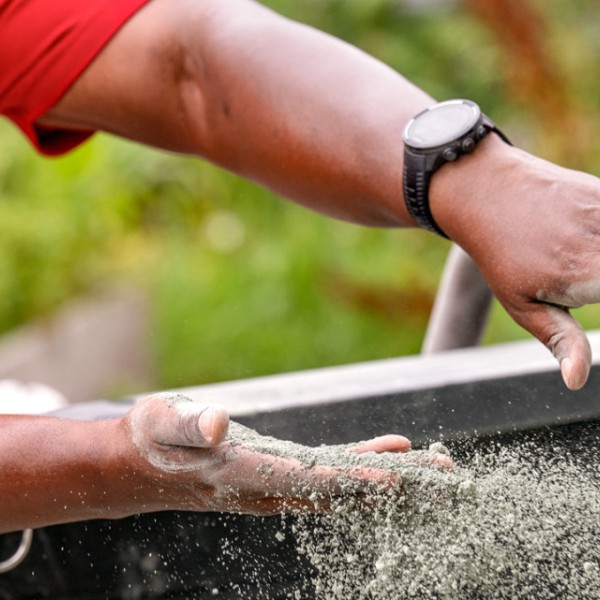Gretchen Wittmeyer, Cornell CALS agricultural science major ‘24, recently served as a Cornell Cooperative Extension (CCE) intern, learning about CCE and conducting soil research. Read on to learn about Wittmeyer’s internship experience.
What led you to study agricultural science at Cornell University?
Before transferring to Cornell last year, I studied biology at Alfred State University for two years. I chose to switch my focus to agricultural sciences at Cornell, with a concentration in business management, because the career opportunities associated with an undergraduate agricultural science degree really appealed to me.
How did you get involved with Cornell Cooperative Extension (CCE)?
I grew up on a dairy farm in Western New York, so when my sister suggested that I join the Nutrient Management Spear Program (NMSP) in November of 2022 to explore a new aspect of agriculture, I loved the idea. I started to work with Quirine Ketterings, leader of NMSP and professor of nutrient management, and Olivia Godber, NMSP research associate, on software-based projects evaluating greenhouse gas emissions from dairy farms. Quirine soon recommended I pursue a CCE summer internship that would allow me to work with Janice Degni, team leader & field crops specialist with the South-Central New York Dairy & Field Crops Team. I saw this as a meaningful way for me to build my career and explore professional opportunities, so I applied.








